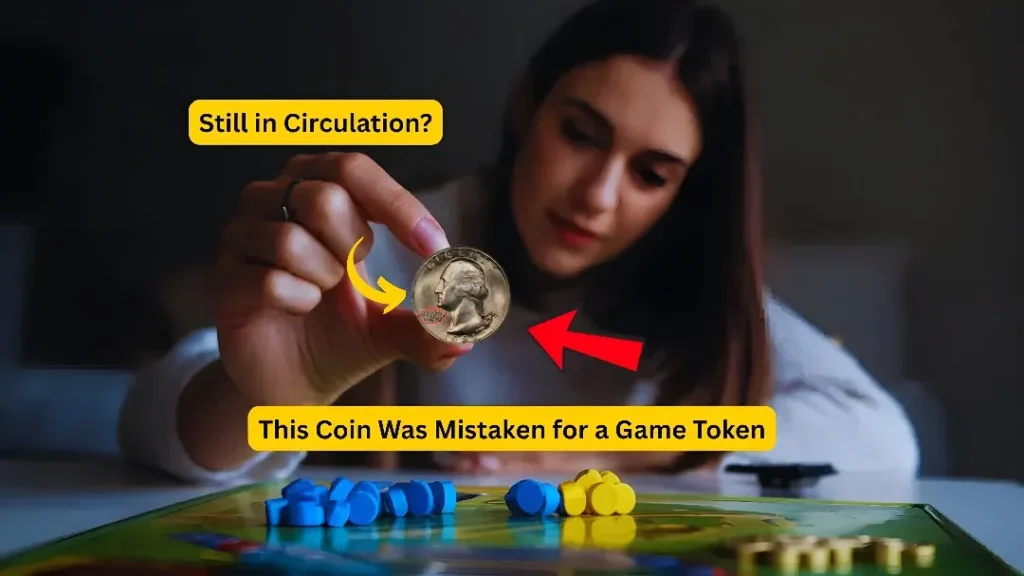In an age where digital transactions dominate, it’s easy to overlook the humble penny. Yet, one coin—the Lincoln Wheat Penny—has captured the attention of collectors and treasure hunters alike. Some of these vintage coins are worth thousands, and in rare cases, even over $1 million. Could you be holding one?
Let’s explore the story behind this fascinating coin, why certain versions are incredibly valuable, and how you can spot a rare one.
What Is the Lincoln Wheat Penny?
The Lincoln Wheat Penny was first minted in 1909 to commemorate the 100th birthday of President Abraham Lincoln. Designed by Victor David Brenner, it features Lincoln’s portrait on the front and two stalks of wheat on the reverse—a design that remained until 1958.
These pennies were mostly made of copper, except in 1943, when they were temporarily minted in steel due to wartime copper shortages.
Why Are Some Lincoln Pennies Worth So Much?
Not all Wheat Pennies are valuable, but a few stand out due to their rarity, mint errors, and historical significance. Coins can be worth a fortune if they meet specific criteria:
1. Minting Errors
Some Wheat Pennies were struck on the wrong metal or with doubled images. These rare mistakes can dramatically increase a coin’s value.
2. Limited Mintage
Certain years, like the 1909-S VDB, had very low production numbers, making them extremely rare today.
3. Condition (Grade)
Collectors value coins in pristine, “mint state” condition. Even common pennies can be worth hundreds if perfectly preserved.
Most Valuable Lincoln Wheat Pennies (With Realistic Prices)
| Coin Type | Description | Approx. Value |
|---|---|---|
| 1909-S VDB | First year + rare initials | $800 – $3,000+ |
| 1943 Copper Penny | Error: struck in copper, not steel | $100,000 – $1.7M+ |
| 1922 No D | Missing Denver mint mark | $1,000 – $10,000+ |
| 1955 Double Die | Doubled letters and numbers | $1,500 – $10,000+ |
Note: No Lincoln penny has officially sold for $5.1 million, despite viral claims. The highest known auction price is around $1.7 million for a 1943 copper penny.
How to Spot a Valuable Wheat Penny in Your Change
Want to try your luck? Here’s what to look for:
- Date: Focus on coins from 1909 to 1958.
- Mint Marks: Look for “S” (San Francisco) or missing marks.
- Metal Test: A non-magnetic 1943 penny could be rare copper.
- Errors: Blurry or doubled letters, missing numbers, or unusual coloration.
- Condition: Sharp, unworn details can mean higher value.
What Should You Do If You Find One?
If you think you’ve found a valuable coin:
- Do NOT clean it – this reduces its value.
- Store it safely – in a plastic coin holder or soft cloth.
- Get it appraised – Contact a professional coin dealer or use grading services like PCGS or NGC.
- Research recent sales – Check eBay sold listings or auction house databases for similar coins.
Final Thoughts
While it’s unlikely you’ll find a million-dollar penny in your wallet, the possibility isn’t zero. People have discovered rare coins in old jars, inherited collections, and even loose change. That one-cent coin you were about to toss might be worth far more than you think.
So next time you get change at the store—take a second look. You might just uncover a hidden piece of American history.


